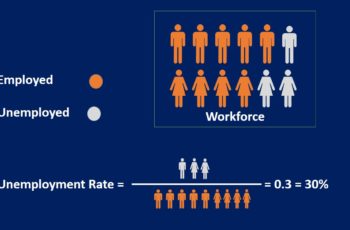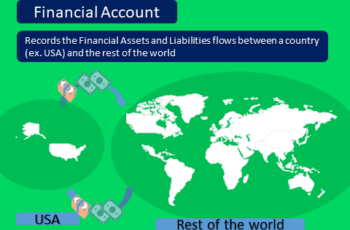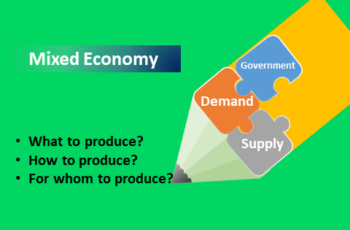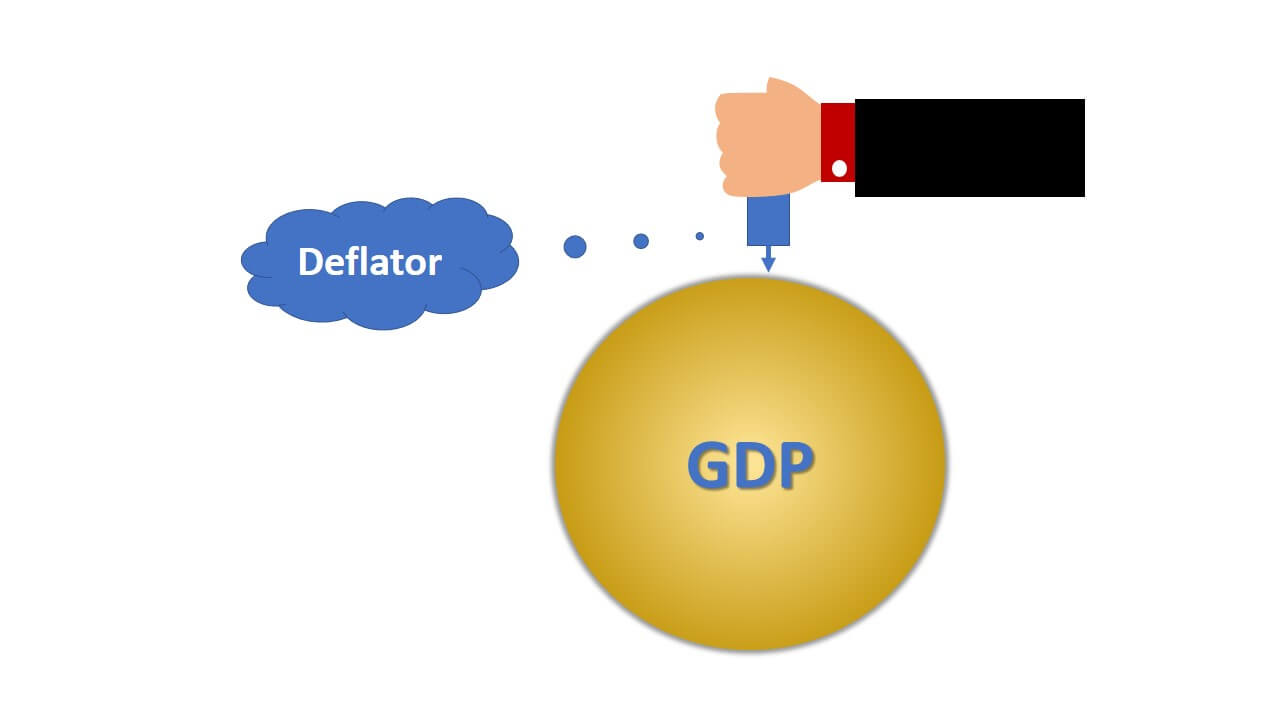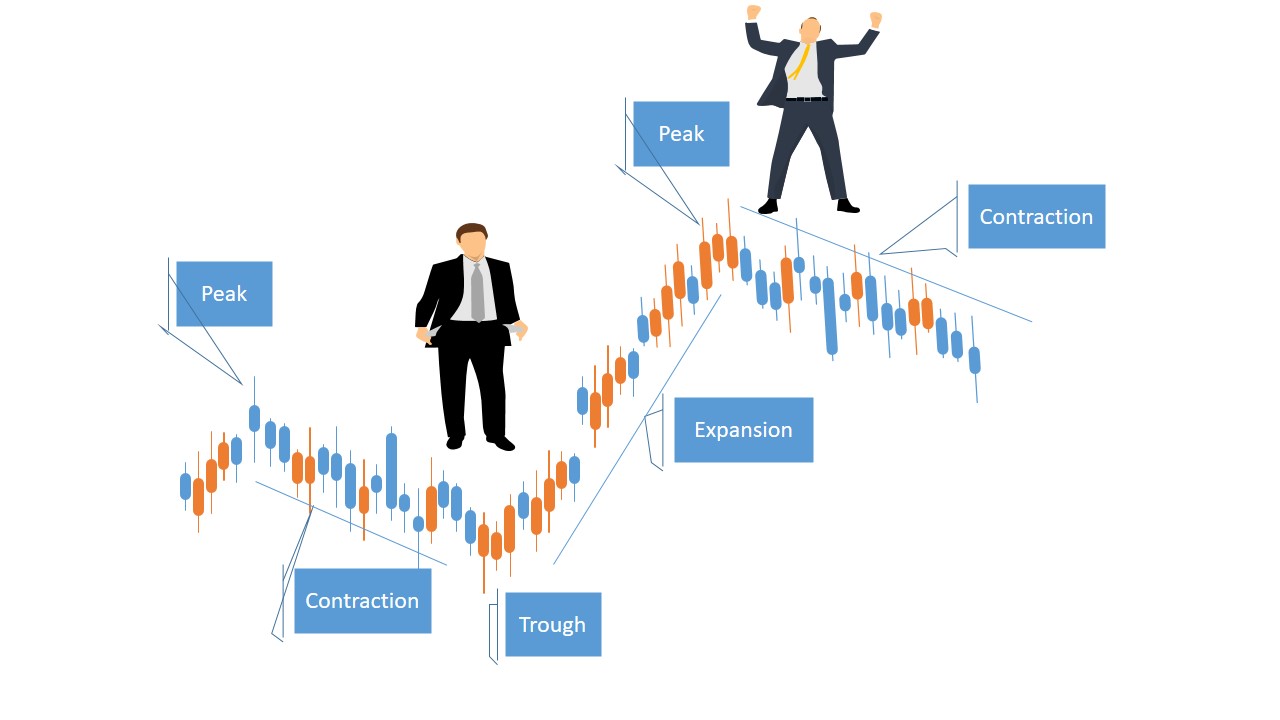Everyone and every entity makes economic decisions, choosing how to use scarce resources. Scarce means the available supply is less than the desired level. Economic decisions serve the goals of individuals, private organizations, and the country to meet their needs.
Economic decision definition: the allocation of scarce resources in a way that maximizes the benefits of beneficiaries.
The goal of an economic decision is to make the best use of scarce resources. Any decision regarding scarce resources is an economic decision.
Major Economic Decisions
Economists divide economic decisions into production, distribution, trade, consumption, saving, investment of resources, and provision of services. And, this article explains them one by one.
Production
Production is the process of converting inputs into outputs. It is one of the most important economic decisions in a company and a nation as a whole.
Inputs are resources such as raw materials and human resources. Examples of raw materials are metal and plastic used to make a chair. Human resources are the people who work in an organization, such as engineers and workers.
Outputs are finished or semi-finished goods. Finished goods are products that are ready for use. Semi-finished goods are outputs that have already undergone some processing and are used as inputs for the production of other goods.
In a market economy, the private sector makes the most economic decisions regarding production. Conversely, in a command economy, it is the government that makes production decisions on how much and how to produce.
Distribution
Distribution is the transportation of goods to various geographic locations.
Transportation is costly and time-consuming. Distribution should be efficient so that the right goods arrive at the right time in the right quantity.
Consumption
Consumption is the use of goods and services by households.
It is the most important economic decision in a nation because it is a big chunk of a nation’s economy. Moreover, consumption constitutes a major part of a household’s spending.
Saving
Saving is the part of income not spent. It is also known as deferred consumption because it is meant to be spent later.
Saving goes to investment directly or indirectly. If a person invests his savings it is a direct investment by this person. If he deposits to a bank, the bank invests by lending or taking part in the financial market.
Investment
Investment is the commitment of resources to achieve benefits later.
For example, if you invest in the stock market, you want its price to rise and benefit later. Or, if you build a factory you want to benefit later by producing goods and selling in profits.
Service
Service is an economic activity offered as a product, such as coaching, consulting, and labor. In other words, service means helping or doing work for someone.
Service is the largest part of developed economies. As a result, economic decisions are focused on services in these countries.
Who Makes Economic Decisions?
Everyone, every entity, and every government make economic decisions. Any decision using something scarce such as time, material, and money, is an economic decision.
Individual decisions are more about expenditure and investment. When you travel and choose to stay in a three-star or five-star hotel, it is an economic decision. On a trip, you spend your scarce resources which is money. When you go to watch a football match, it is a choice to spend your scarce resource of money is also an economic decision. And, getting a college degree is a personal investment decision.
When a private company decides how to handle costs, revenues, and how to treat its customers, they are economic decisions. This company has a limited amount of human, financial, or other resources.
The same is true for a nation. A nation has to choose to use its scarce resources such as its workforce and natural resources wisely.

